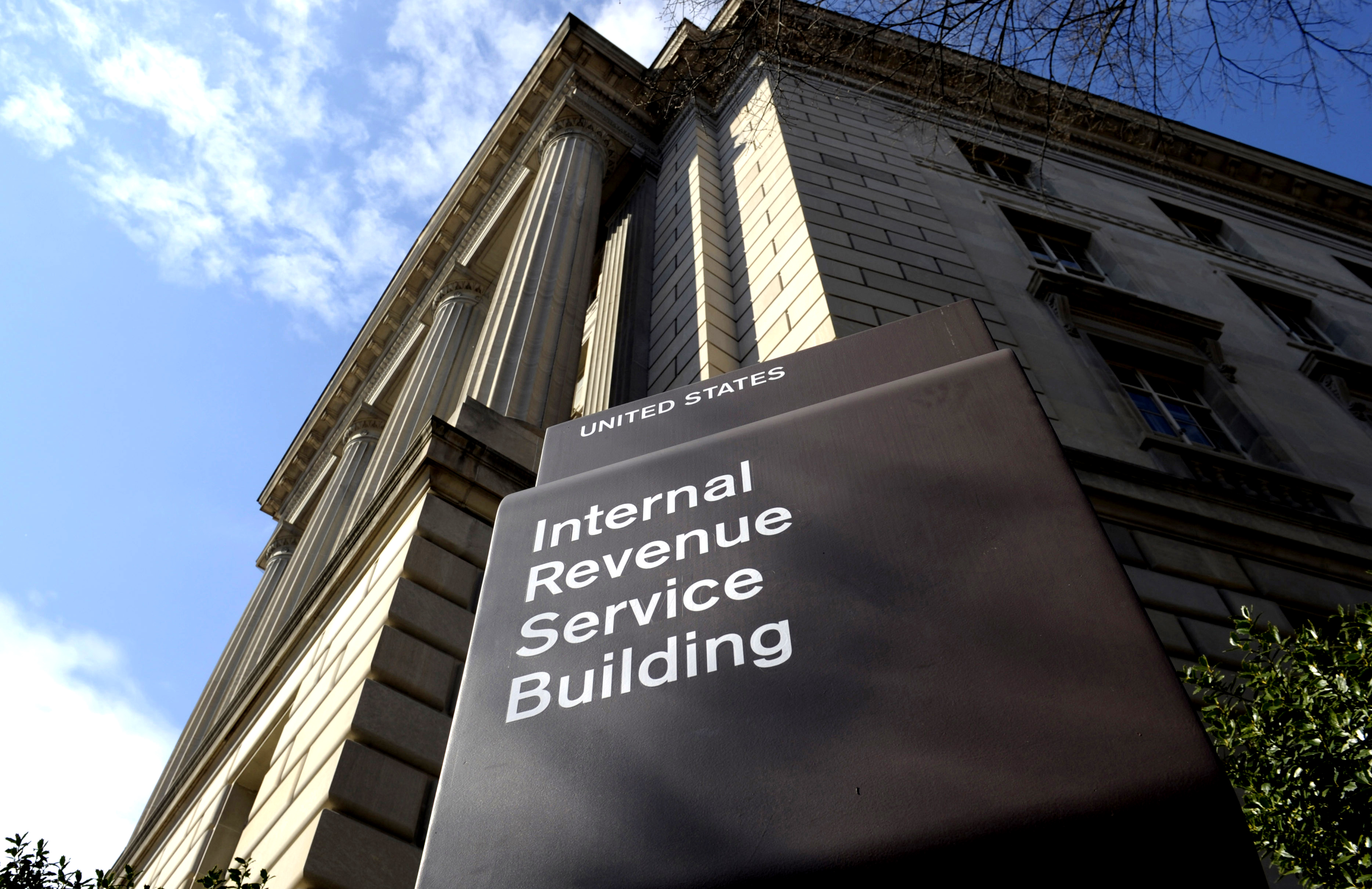Why the IRS audits the poor
And more of the week's best financial insights

A free daily email with the biggest news stories of the day – and the best features from TheWeek.com
You are now subscribed
Your newsletter sign-up was successful
Here are three of the week's top financial insights, gathered from around the web:
Cable's always full of surprises
Why is the cable bill always higher than advertised? asked James Willcox at Consumer Reports. Add-on fees. We asked hundreds of our members to share their cable bills with us, and "our analysis showed that company-imposed fees added more than $37 per month, or 24 percent, to the base cost of their TV package." That's nearly $450 a year. The most common add-ons are a "broadcast TV fee," which the cable companies say "defrays costs they pay to local networks, such as ABC and CBS"; a "set-top box or receiver fee" of $7 to $13; and a "regional sports surcharge fee," which can add $7 to $12 per month to your bill, even if you don't watch sports. The largest number of complaints were directed toward Comcast's Xfinity service, "but members cited a number of providers."
The Week
Escape your echo chamber. Get the facts behind the news, plus analysis from multiple perspectives.

Sign up for The Week's Free Newsletters
From our morning news briefing to a weekly Good News Newsletter, get the best of The Week delivered directly to your inbox.
From our morning news briefing to a weekly Good News Newsletter, get the best of The Week delivered directly to your inbox.
Why the IRS audits the poor
The IRS audits the working poor at about the same rate it does the wealthiest 1 percent, said Paul Kiel at ProPublica, but after lawmakers confronted IRS Commissioner Charles Rettig about the focus on low-income taxpayers, the agency said "it can't change anything unless it is given more money." Last year, 380,000 audits, or 39 percent of the total, were conducted on low-income taxpayers who claim the earned income tax credit. The most heavily audited county in America was Humphreys County, Mississippi, where a third of residents are below the poverty line. The IRS can use relatively low-level employees to audit those returns, whereas it "takes senior auditors hours upon hours to complete an exam" of a richer taxpayer's return. The agency says the practice is the most efficient use of available IRS examination resources. In other words, it's "just easier and cheaper to audit the poor."
Tipping on your morning coffee
Touch screens asking whether you'd like to tip $1, $2, or $3 for that latte have "been spreading like an infectious disease," said Seth Kugel at The New York Times. "I usually do tip when I order a coffee and find a screen turned toward me, but that's in part to avoid the pang of embarrassment that comes from hitting 'No tip.'" Toast, a company that sells point-of-sale systems, found that 48.5 percent of customers left tips at cafés with a digital tipping option, and 46.5 did so in fast-casual restaurants. The average tip was around 17 percent. A recent survey by CreditCards.com was similarly split: "24 percent of Americans 'always tip' baristas, and 27 percent 'never tip.'"
A free daily email with the biggest news stories of the day – and the best features from TheWeek.com
-
 6 exquisite homes with vast acreage
6 exquisite homes with vast acreageFeature Featuring an off-the-grid contemporary home in New Mexico and lakefront farmhouse in Massachusetts
-
 Film reviews: ‘Wuthering Heights,’ ‘Good Luck, Have Fun, Don’t Die,’ and ‘Sirat’
Film reviews: ‘Wuthering Heights,’ ‘Good Luck, Have Fun, Don’t Die,’ and ‘Sirat’Feature An inconvenient love torments a would-be couple, a gonzo time traveler seeks to save humanity from AI, and a father’s desperate search goes deeply sideways
-
 Political cartoons for February 16
Political cartoons for February 16Cartoons Monday’s political cartoons include President's Day, a valentine from the Epstein files, and more
-
 The pros and cons of noncompete agreements
The pros and cons of noncompete agreementsThe Explainer The FTC wants to ban companies from binding their employees with noncompete agreements. Who would this benefit, and who would it hurt?
-
 What experts are saying about the economy's surprise contraction
What experts are saying about the economy's surprise contractionThe Explainer The sharpest opinions on the debate from around the web
-
 The death of cities was greatly exaggerated
The death of cities was greatly exaggeratedThe Explainer Why the pandemic predictions about urban flight were wrong
-
 The housing crisis is here
The housing crisis is hereThe Explainer As the pandemic takes its toll, renters face eviction even as buyers are bidding higher
-
 How to be an ally to marginalized coworkers
How to be an ally to marginalized coworkersThe Explainer Show up for your colleagues by showing that you see them and their struggles
-
 What the stock market knows
What the stock market knowsThe Explainer Publicly traded companies are going to wallop small businesses
-
 Can the government save small businesses?
Can the government save small businesses?The Explainer Many are fighting for a fair share of the coronavirus rescue package
-
 How the oil crash could turn into a much bigger economic shock
How the oil crash could turn into a much bigger economic shockThe Explainer This could be a huge problem for the entire economy